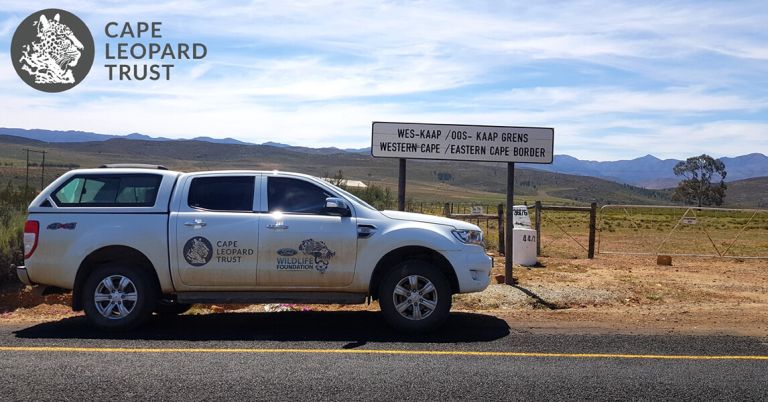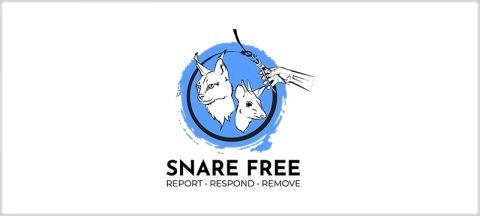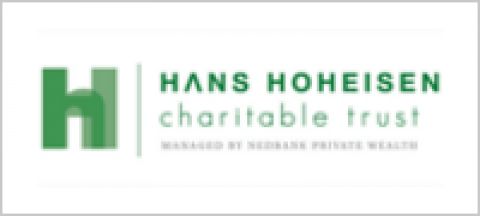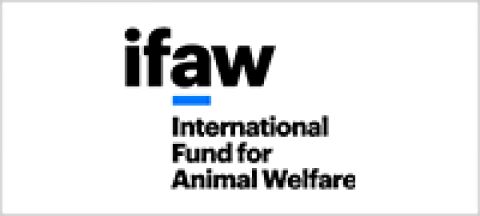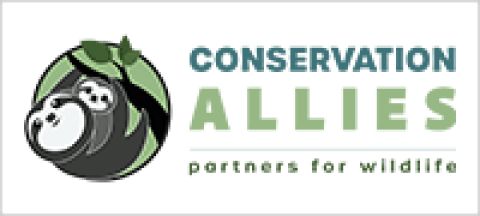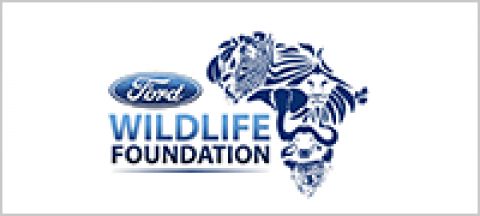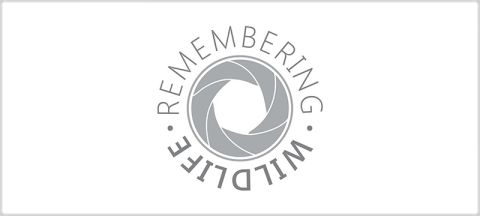For many people, wildlife research conjures the image of an intrepid biologist alone in the remote wilderness studying animals. While this can certainly be the case, more often than not studies are carried out at the interface where wildlife meets people, and therefore the researcher often deals more with humans than animals!
This is especially true for much of the Cape Leopard Trust’s (CLT) research, and one such example is Eugene Greyling, an MSc student with Stellenbosch University and the CLT, who is travelling the Western Cape and beyond to gather information about leopards. He is hoping to learn from the people in the know – local landowners, managers, guides and conservation staff – using in-depth anonymous questionnaires. Such local knowledge often reveals vital ecological information and is essential to inform effective conservation strategies. This research forms part of the CLT’s landscape-scale conservation efforts and will examine which areas are occupied by leopards and which factors influence occupancy.
Furthermore, the questionnaires gather data on attitudes towards leopards, the impacts of leopard-farmer conflict, and the efficacy of methods employed to minimise conflict. The knowledge gained through these one-on-one conversations will provide insight into leopard interactions – both positive and negative – across different land uses at a landscape level. Long-term solutions that tackle the root causes of leopard-farmer conflict require collaborations – where the expertise of the farmer and the scientist are combined. Ultimately, we hope to promote peaceful coexistence and the protection of landscapes for the benefit of leopards and people.
Thanks to the Ford Wildlife Foundation, Eugene has covered over 8500kms in the sponsored Ford Ranger so far and the vehicle has excelled traversing tough road conditions. Over 75 interviews have been conducted to date with many more still planned for this year and into 2022. In addition to gathering essential data, his engagement is generating wider awareness about the CLT, the Western Cape Leopard Database and effective livestock management methods.
Alongside the occupancy research, Eugene will be analysing a database of leopard presence records contributed by citizen scientists, research organisations and conservation institutions. Through this we hope to learn exactly which habitats are suitable for leopards and ultimately to identify movement corridors at a landscape level. You too can be a part of this research – within our online “Leopard Data Portal” you can submit your records to one of three purpose-built platforms, namely “Leopard Spotter”, “Threat Tracker” and “Snare Aware” – go to app.capeleopard.org.za
If you see a Cape Leopard Trust Ford Ranger driven by a tall young researcher in your area, be sure to give Eugene a wave, a chat and maybe even a coffee (he is a self-proclaimed coffee addict) as he has got a lot of kilometres behind him and many more to go to help conserve leopards in the Cape.
Enjoy a snapshot of Eugene’s travels through the province in the gallery below!

